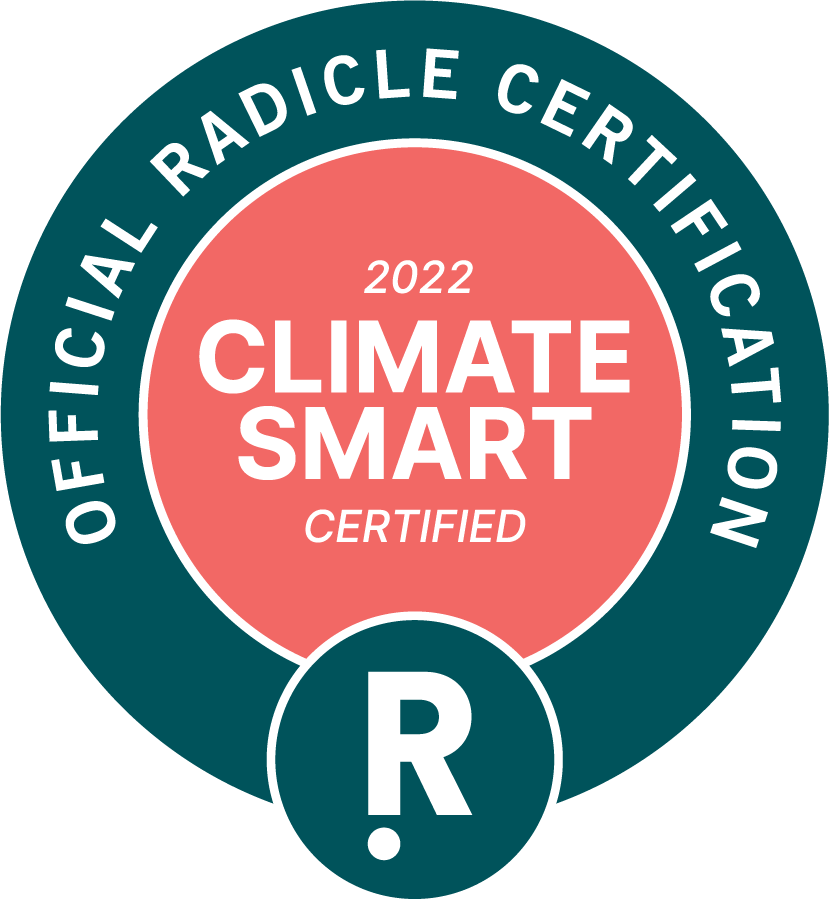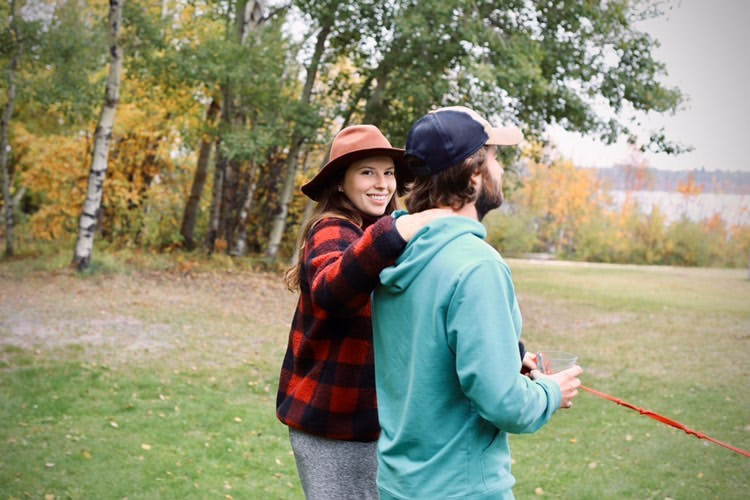
International Women’s Day: Sydney Wanchulak
Before continuing on with our regularly scheduled programming for“History of Women” month, we'd like to share this fantastic article by the Journal of Commerce. This article, titled "Tips for women to survive, thrive in the trades" discusses the challenges women can face in trades and tactics to overcome them.
Now, back to NorLand's featured women of the week...
This week, we are featuring Sydney Wanchulak (Impact & Sustainability Manager, NorLand).
Sydney Wanchulak
Impact & Sustainability Manager, NorLand
What does International Women’s Day (IWD) mean to you?
A day to celebrate all of the achievements of women from past generations, and where we are today. Women’s suffrage (the right for women to vote) did not start in Canada until 1917, and even then, not all women were allowed to vote. In the US, women rallied for 70 years before they were given the right to vote. In Canada, it wasn’t until 1950’s when women’s suffrage was granted for all women in this territory. The last women granted suffrage were Inuit women (and Men, in 1950), and it wasn’t until 1960 that they could vote without requiring them to give up their treaty status. https://en.wikipedia.org/wiki/Women%27s_suffrage_in_Canada
We have come a long way from where we were in the early 1900’s; yet, we are not at the end of the challenge. In Canada, we still have a gender wage gap, meaning that women on average make 87 cents for every 1$ a man makes (the gender pay gap). This gap also grows for women of colour compared to white women. It’s estimated that at the rate we are moving in Canada, to close the gender wage gap, it will take another 164 years (article). If we count a new generation as every 25 years, my (and yours) great-great–great-grand daughter, will final have seen the close of this gap. Frankly, what a sad thought that it may take this long.
So, this day is a day of reflection on how far we have come as women from being in the kitchen to being in the workplace, and a reminder that we still have a long journey ahead of us until we achieve equality for all women in the workforce. It is also a reminder to our male colleagues, friends, spouses, that we cannot get there without you – we’re all in this together, whether it’s COVID-19 or equality, we need you to stand with us.
Is your role what you expected to be in when you started in the workforce? How did it change?
I’ve always had an image of myself helping lead others, and in my currently role I get to do just that (very exciting). When I first started in construction, I wanted to become a Project Manager, that was my goal; but once I stumbled upon sustainability I knew that I could have a more impactful and positive career in this space where I can help transform an industry.
What barriers have you faced, as a woman, in becoming successful in your role? How did you overcome them?
What a question… the barriers I face now are nowhere near what they were 20 years ago in the industry; however, that doesn’t mean they’re all gone. I would say the main barriers are people internally discrediting what I say just because of my age and gender. To overcome this, it is a lot of proving myself in any project I do and ensuring my voice is heard and understood by others, and continuously doing these things day in and day out.
Based on your own experience, what advice would you give to women considering pursuing a career in this industry?
I highly recommend choosing your manager over choosing your job. If you have a manager that believes, supports, and opens up doors for you, you can go so much further, faster, and with someone who has your back. I would also recommend building yourself a network of females (they don’t just have to be in construction) who will support each other, lift each other up, and never put each other down.
How important is it for women to lift each other up and what does that mean to you?
I seriously didn’t see this question before I answered the one above… haha! I feel very strongly about this, within our personal lives and professional lives. We need to have each other’s backs, and that goes for our male and transgender counterparts backs as well. When someone struggles, we need to be empathetic towards that person, and ask how best we can support them.
On IWD, what is the most important message you want to send to young women thinking about their careers?
I have no idea… What advice would I give myself if I was just starting out in my career?
Within sustainability, and maybe this is true for all sectors, I would say: 1. Build yourself a group that you can talk to about anything and lean on in the tough times. 2. Don’t get caught up with things you cannot change, focus on the things you can change, you’ll save yourself a lot of energy and turmoil this way. 3. Ask for what you want, because you never know the answer until you ask. 4. Always, always negotiate your salary; you may not get it, or you may get more than you were expecting.
This year’s IWD campaign theme is #ChooseToChallenge. How do you think we can choose to challenge our own industry in regard to IWD?
I would choose to challenge the industry to start working towards gender pay equity. We have a very low percentage of females in construction, usually trades is 4% and office is 10% from numbers across Canada. If we can ensure we have gender pay equity, the women who work in our industry will know that they are valued as equals and we may even attract more women. Which in my opinion, would be wonderful!
